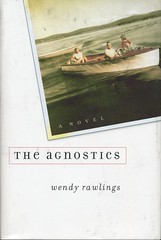Purpose of Knowledge
Purpose of Knowledge
Article
By
Souran Mardini Ph.D
Purpose of knowledge
We propose to examine in this article the following question:
Does knowledge have a precise purpose?
We are ssuming that knowledge, instigated by astonishment and natural curiosity, emerges as the result of the inevitable interaction between man and the universe. The process of thought interaction is indispensable for man’s being. From the moment of the fecundation of the ovule by the sperm (both unknown in origin and presence) and till the realization of the final human form, matured and adult, life phenomenon presents itself as a total enigma. If we accept the hypothesis of internal finality which shapes the final product in term of development, we still have to explain the how does it bring it about and the why should it bring it about. It remains also to answer questions concerning the presence, origin, reason of being of man. The same logic applies to all phenomena, for every object is subject to these questions.
Conflict between finality and hazard is subject to individual conviction. The basis of such conflict is the absence of evidence. Subjectivity dominates the attitude of the individual in order to reach a final personal conjectural conviction.
We consider that the very absence of such possible verifiability leaves the door open for conjecture. In fact, man stakes his choice on this uncertainty. The choice between the mecanicist-atomist-organicist point of view and the vitalist-causalist-finalist perspective is not based on proof; otherwise, the choice becomes baseless. In
Pages: 1 2 3 4 5 6 7 8 9 10 11 12 13 14 15 16 17 18 19 20 21 22 23 24
